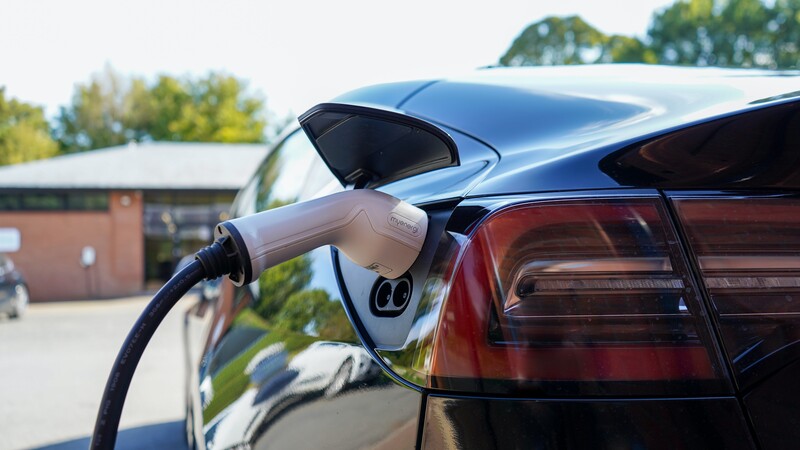Around the world, the push is on to get people to drive electric vehicles, but one big hurdle persists even in the most EV-friendly places: There just aren’t enough charging stations.
Why it matters: Canada plans to require that all new vehicles sold are electric by 2035, but the charging network is already unable to meet today’s (much lower) demand.
- There are around 350,000 EVs (either battery-powered or plug-in hybrids) registered in Canada, Statistics Canada data shows.
- But across the country, there are only 9,309 charging stations and 22,092 charging ports. Each port can charge just one EV at a time, and fewer than 20% of them can recharge a battery quickly (around 30 minutes)—the rest take up to 10 hours.
The shortage of charging ports makes EV ownership impractical for the one-third of Canadians who live in apartments, condos, or other multi-residential buildings and can’t install their own charger at home.
- Efforts to install chargers in these buildings are often blocked by condo boards or landlords who don’t want to pay for installation.
Zoom out: Even in Norway, where 80% of new vehicles sold are EVs, finding a place to get a charge can be a problem.
- A recent New York Times story described lines of cars backed up on highway off-ramps near Oslo waiting for a chance to recharge.
- Cities in the US, Australia, and Europe are all dealing with a similar charging station shortage.
What’s next: Canada will need nearly 4 million public charging ports to make it possible for most people to switch to EVs, according to The Canadian Vehicle Manufacturers’ Association. We’re only 0.5% of the way to that target today, so there’s a long road ahead.
